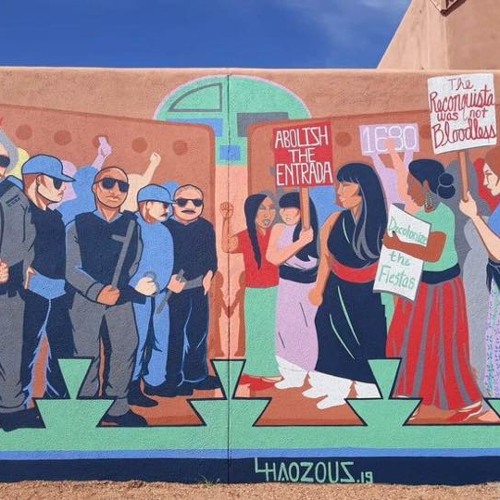


Despite these already low numbers, the US government is threatening to cut spending on education, healthcare, food stamps, and other crucial health and human services in order to further inflate military spending. Corporations like the pharmaceuticals industry control public services through lobbying. Despite treaty and federal obligations, Native people (especially those living in urban locations) experience the worst healthcare. Despite this massive allocation of resources, healthcare is still unaffordable for almost half of Americans. And only $66 billion of discretionary funds are spent on healthcare each year, with $5.4 billion allocated to IHS.

This doesn’t even include the revenues from the fossil fuel industry.Ĭompare this to the $68 billion allocated for education in 2016 and the $186 billion allocated for mental health services in 2014.

And eight white dudes-all except one an American citizen-own over half the world’s wealth. $182 billion is spent each year on cops and prisons. In a given year, the US provides $3.8 billion in military aid to Israel. Proposed discretionary spending for national security in 2020 comes in at $750 billion, $718.3 billion of which is slotted specifically for the US military. What will we do with the resources that will become available once we divest from prisons, the military, the detention industry, and fossil fuels? As of 2015, military spending accounted for upwards of 54% of all discretionary spending at the federal level. We draw from Black abolitionist traditions to call for divestment away from the criminalizing, caging, and harming of human beings AND divestment away from the exploitative and extractive violence of fossil fuels.īut, divestment is only half of the equation. The Red Deal continues this call for divestment from fossil fuel industries, but we go one step further. Why would we need to divest from the pipeline, and the fossil fuel industry more generally? Because it causes widespread harm to people and the planet and, most acutely, Indigenous peoples. We’ve all heard the term “divestment.” It was a popular strategy during the NoDAPL uprising in 2016 water protectors called upon the masses to divest from the financial institutions investing in the pipeline. Below are the four core principles of the Red Deal that were presented at the first Red Deal coalition meeting on Jat the Larry Casuse Freedom Center in Albuqerque, New Mexico.


 0 kommentar(er)
0 kommentar(er)
